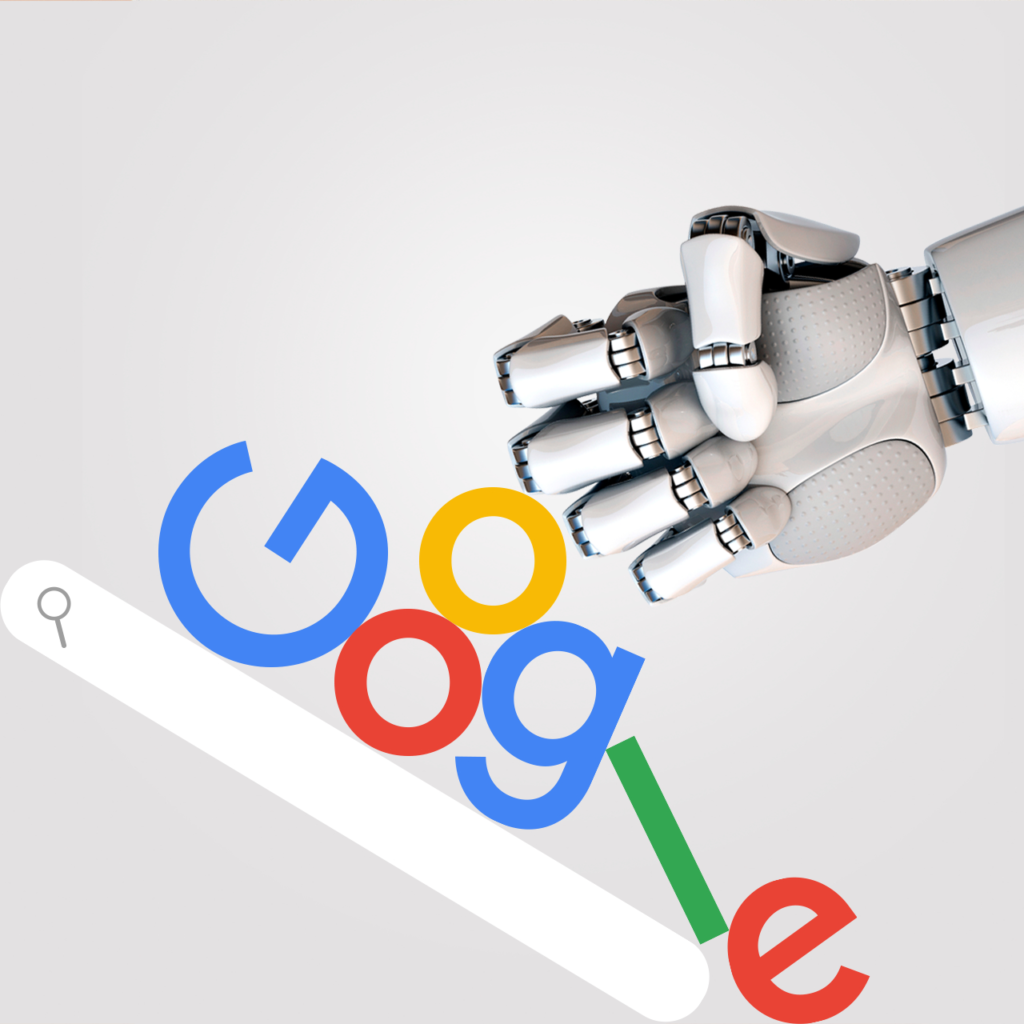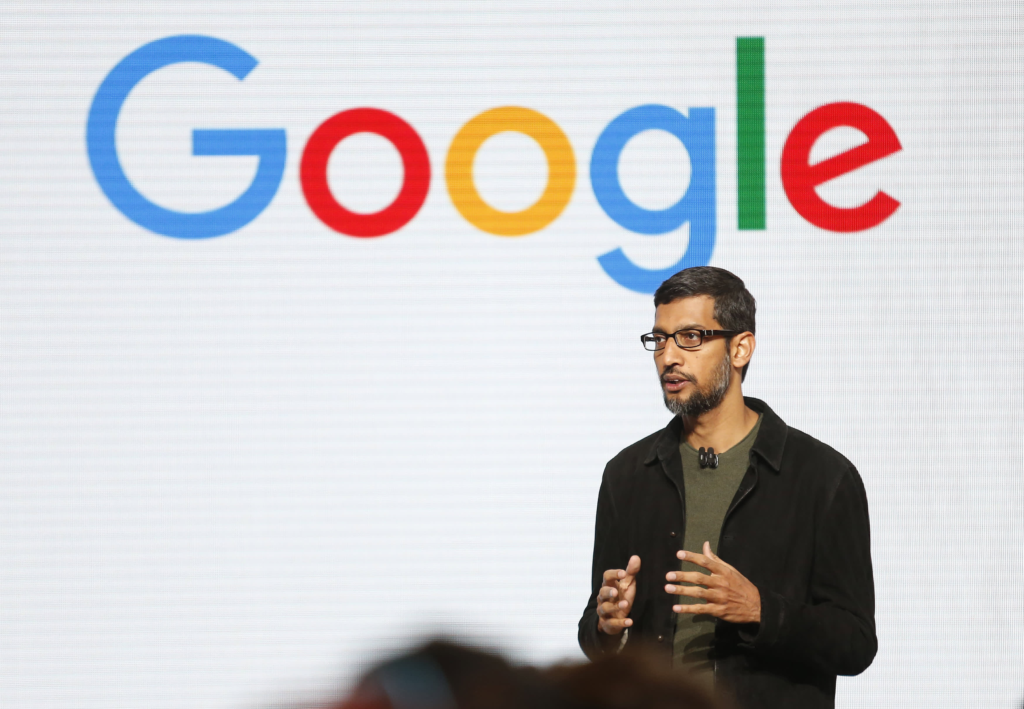In a world where artificial intelligence is evolving faster than ever, Google’s chief economist, Hal Varian, has offered a sobering yet exciting take on what lies ahead. Speaking at a recent global tech forum, Varian described the impact of AI as “absolutely formidable,” signaling both incredible opportunities and significant disruptions. His remarks have sparked debates across industries, from finance to education, about how AI will shape the future of work and economics.
Let’s break down what he meant, what it means for you, and why businesses should care.
Who Is Hal Varian and Why His Words Matter
Hal Varian has been the chief economist at Google since 2002. A former professor at the University of California, Berkeley, Varian is widely regarded as a thought leader in the intersection of economics and technology. His insights are not just theoretical—they directly influence how Google uses AI across its vast ecosystem, including in search algorithms, advertising, and cloud services.

When Varian speaks about AI, the industry listens. His recent statement—calling the AI revolution “absolutely formidable”—is a powerful acknowledgment of just how far and fast this technology is progressing.
What Makes AI’s Impact So “Absolutely Formidable”?
Varian emphasized three core areas where AI is making the biggest waves:
- Automation and Efficiency
AI is rapidly replacing repetitive, manual tasks. From customer service chatbots to AI-driven logistics, companies are becoming more efficient. But this also raises concerns about job displacement, particularly in low-skill roles. This Forbes article on AI and job automation highlights how industries are adapting. - Data-Driven Decision Making
AI systems can analyze massive data sets faster than any human team. According to Varian, this capability is transforming decision-making processes in industries like healthcare, finance, and marketing. Companies can now predict customer behavior, detect fraud, and even forecast market trends using AI-powered tools. McKinsey’s report on AI in business goes deeper into these applications. - Economic Inequality
While AI can boost productivity and innovation, Varian warns it could widen the gap between tech-savvy nations and those lagging in digital infrastructure. This concern is echoed by the World Economic Forum in their 2024 analysis on AI and global inequality.
How AI Is Changing the Nature of Work
Varian argues that the labor market will not just see job loss but also job evolution. Roles requiring creativity, empathy, and strategic thinking will become more valuable. AI won’t replace all jobs—it will redefine them.
For instance, marketing professionals will spend less time crunching data and more time crafting narratives based on AI insights. Healthcare workers might use AI tools to diagnose diseases more accurately, but human judgment and empathy will remain essential.
To prepare, Varian recommends investment in “AI literacy.” Employees and students alike need to learn how to work with AI, not compete against it. Google’s own AI learning hub offers resources for all skill levels.
AI and the Broader Economic Landscape
Varian also touched on macroeconomic impacts. AI, he said, is boosting productivity—a key driver of economic growth. But it may also contribute to volatility.

“AI amplifies both the good and the bad,” he explained. “It can make great businesses even better, but also accelerate the decline of those unwilling to adapt.”
Governments and institutions must step up to regulate AI fairly and invest in upskilling the workforce. Without this, the benefits of AI may be enjoyed by only a few.
Challenges Ahead: Ethics, Privacy, and Regulation
While the potential of AI is clear, Varian also highlighted several key concerns:
- Ethical Use of AI: Issues like algorithmic bias and facial recognition abuses need strict oversight
- Data Privacy: With AI systems feeding on personal data, user privacy must be protected with robust laws
- Transparency: Many AI models work like black boxes. As AI becomes more involved in critical decisions, transparency is crucial
The Electronic Frontier Foundation (EFF) continues to monitor these developments and advocate for responsible AI use.
Why This Matters to Businesses and Individuals
For business leaders, Varian’s remarks are a wake-up call. Integrating AI isn’t optional anymore—it’s essential. Companies that resist may quickly fall behind competitors leveraging AI for productivity, personalization, and innovation.
For individuals, this means staying ahead of the curve. Learning how AI tools work, taking online courses, and remaining adaptable will be critical in the coming years.
Final Thoughts: Embrace AI, but Proceed with Caution
Google’s chief economist did not paint a picture of doom. On the contrary, he sees AI as a powerful force that—if managed well—can elevate humanity. But his words, “absolutely formidable,” are a reminder of the responsibility that comes with such power.
The future is not just AI-powered; it’s AI-shaped. Those who understand this shift will thrive. Those who don’t may struggle to keep up.
As Hal Varian concluded in his talk, “The question isn’t whether AI will impact your life. It already has. The question is: how ready are you to adapt to it?”
Also Read – AI vs. Media Giants: Toronto’s Cohere Pushes for Lawsuit Dismissal in U.S. Court






